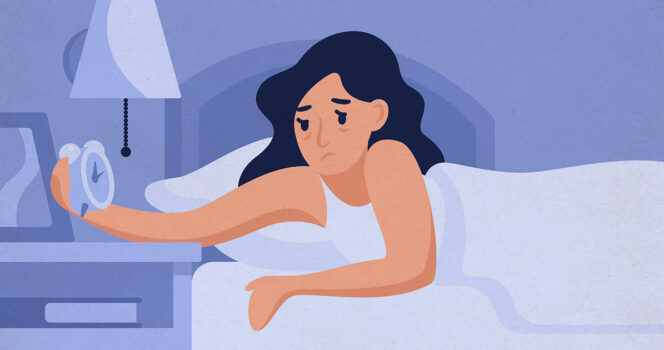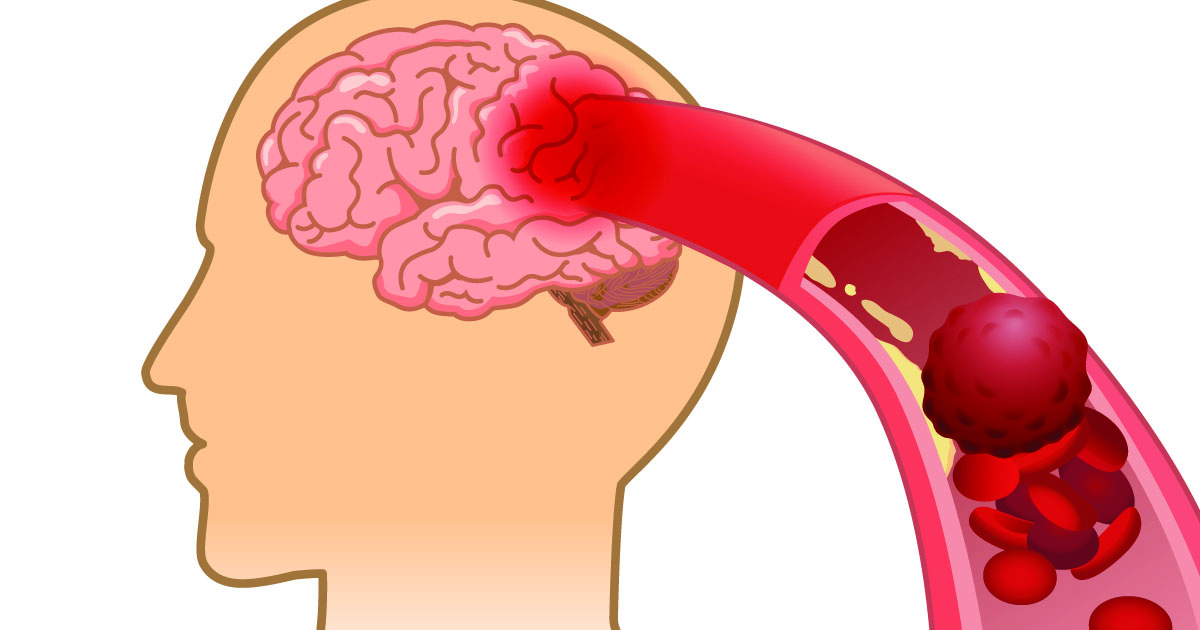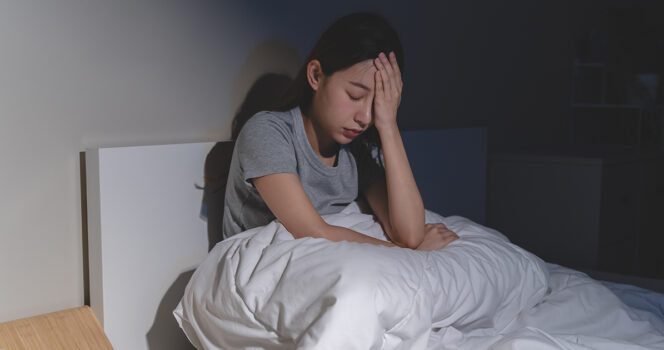
Experiencing interruptions in your sleep cycle is more common than you think and is essential for optimal productivity the next day, ensuring you wake up refreshed.
Despite aiming to have a restful night by going to bed on time, many individuals find themselves awake between 3:00 and 5:00 in the morning on a regular basis. This midnight wake-up can lead to challenges, particularly in falling back asleep.
Surprisingly, this pattern of waking up during these hours is not random or unfortunate. There appears to be significance behind this occurrence…
The time frame between 3:00 and 5:00 is often referred to as the “hour of the wolf,” inspired by the psychological horror film [ directed by Ingmar Bergman from Sweden.
Bergman described this period as a time of deep sleep, real nightmares, intense fears, and heightened spiritual activity. It’s a time when the sleepless are tormented by their darkest anxieties, and supernatural entities are most potent. Additionally, it’s a time when many births occur.
Renowned Professor Birgitta Steene explains that the term originates from Swedish folklore, where the “hour of the wolf” pertains to the hours between 03:00 and 05:00. This phase correlates with increased occurrences of death and birth, reflecting the body’s transition into a profound state of rest that significantly influences bodily functions.
In cultural beliefs, the “witching hour,” synonymous with the “hour of the devil,” signifies a late-night interval associated with paranormal phenomena. It is thought that witches, demons, and spirits materialize and exert their greatest influence during this time.
The Significance of the Hour of the Wolf
For those who slumber uninterrupted, the hour of the wolf denotes a time of profound rest. Conversely, for those who awaken, it characterizes a period of heightened anxiety.
The body’s circadian rhythm, synchronized with the sun’s movements, leads to a decrease in essential functions like body temperature, blood pressure, and metabolism during the night.
Typically around 4:00 AM, these functions are at their lowest as the body enters a state of profound rest. However, individuals with anxiety may experience heightened distress during this phase, contributing to their awakenings.
READ MORE




